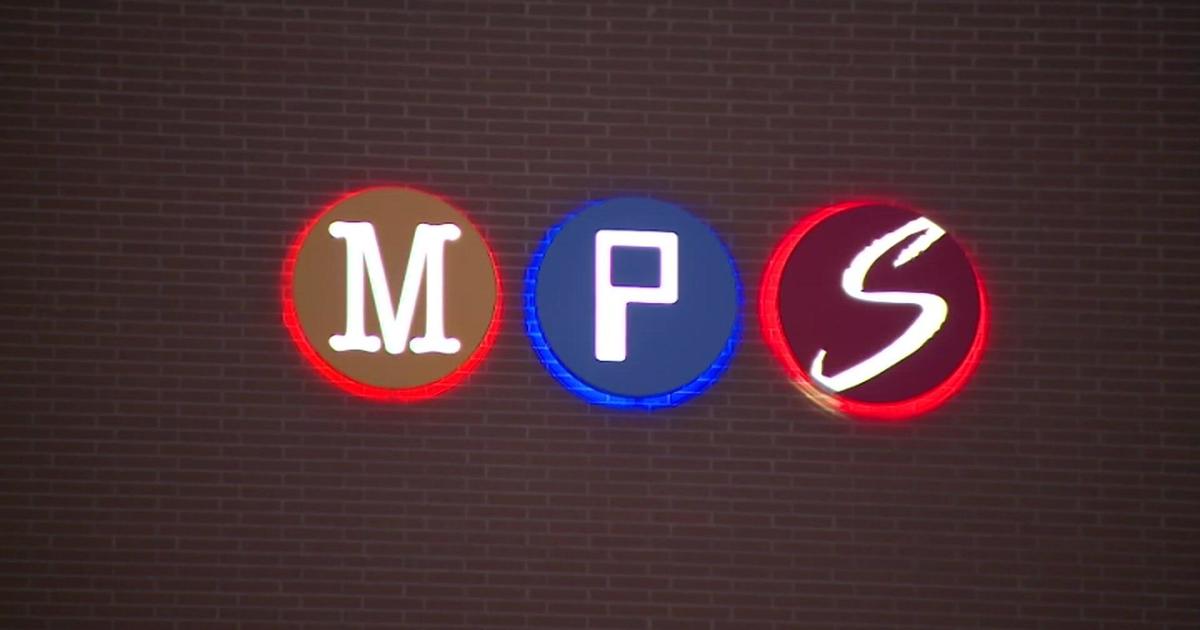Cargill To Divest Itself Of Stake In Mosaic Co.
MINNEAPOLIS (AP) -- Agribusiness conglomerate Cargill Inc. said Tuesday it will turn over its 64 percent stake in fertilizer maker Mosaic Co. to Cargill stakeholders and debt holders in an effort to boost Cargill's credit profile and keep it a private company.
The move could be attempt to hold off stakeholders who wanted to take Cargill public, and it also makes Mosaic more attractive for a takeover, industry analysts say.
The Cargill and Mosaic made a joint announcement of the deal, worth roughly $24.3 billion, after the stock markets closed. They said it also will help Cargill make sure its management team focuses on businesses it directly runs.
Cargill, one of the largest private companies in the world, owns 286 million shares of Mosaic. Shares in Mosaic closed Tuesday at $85.07, but fell $1.44, or 1.7 percent, to $83.63 in after-market trading.
Cargill plans to exchange about 179 million of the Mosaic shares with Cargill shareholders, including some charitable trusts, for at least part of their Cargill stock. The remaining 107 million Mosaic shares will be traded for Cargill debt owned by third parties, the companies said in a statement. At Tuesday's closing price, the debt would be worth just over $9 billion.
The deal has to be approved by holders of a majority of Mosaic's shares that aren't held by Cargill stakeholders. It's expected to close in the second quarter, the companies said.
Mosaic said the deal will help it become better positioned to capitalize on the upbeat outlook for concentrated phosphate and potash crop nutrient -- key ingredients in fertilizers.
Little is known about the inner workings at Cargill, but the deal likely is the result of a struggle within the company's ownership to hold an initial public stock offering and let some of the owners cash out of the business, said Scott Irwin, an agriculture economics professor at the University of Illinois.
"I'm sure that over the years there had to be titanic struggles to have some kind of high-profile IPO for Cargill and cash out," Irwin said. "You basically want to give people an opportunity to cash out by getting Mosaic shares which then they could sell."
The deal would leave Mosaic without a majority stockholder and make it more attractive to a takeover bid. Potential suitors include BHP Billiton, which in November dropped a hostile takeover bid for Potash Corp. of Saskatchewan.
Mosaic shares, Irwin said, are now highly valued because fertilizer production has been very profitable through the recent boom in farm commodity prices that began in 2006 and shows no sign of letting up for at least the next year or two.
By increasing the number of its shares held by the public, the deal could set Mosaic up for inclusion in the S&P 500, its CEO Jim Prokopanko said in a conference call. That would create further demand for its stock from mutual funds that track the benchmark index.
"There is significant investor interest in our sector and in Mosaic and we believe ample demand exists to expand our shareholder base," he said.
Cargill formed Mosaic Co. in 2004 by combining its crop nutrition business with phosphate miner IMC Global Inc. The company's earnings have boomed as global demand has driven up sales and prices for the key fertilizer ingredients it sells globally.
Mosaic's success has buoyed Cargill's bottom line. Last week Cargill reported fiscal second-quarter earnings that nearly tripled, largely due to its stake in the fertilizer business. The company earned $1.49 billion during the quarter ended Nov. 30, compared with $489 million during the same period last year. Excluding Mosaic's contributions, Cargill earned $832 million during the quarter, nearly double last year's $420 million.
Cargill, based in Wayzata, near Minneapolis, has a wide-ranging business that includes everything from growing and processing crops, to blending and shipping biofuels, to making food products.
Under the deal, all of Mosaic's shares will be recapitalized into three classes of stock: Common, Class A and Class B. Common and Class A shares will get one vote on all matters, while Class B shares will get 10 votes only on the election of directors, the companies said in the statement.
All Mosaic shareholders, not including Cargill, will get one share of recapitalized common stock for every Mosaic share they own. The stock will have the same economic value as the current shares, the statement said. Cargill's 286 million shares will be converted to about 115 million shares of common stock, 60 million shares of Class A stock and 111 million shares of Class B stock. Exact share counts will be determined when the deal is completed, the companies said.
"The transaction will accomplish a number of important business objectives for both Cargill and Mosaic and is in the best interests of both companies," Greg Page, Cargill's chairman and CEO, said in the statement.
(© Copyright 2011 The Associated Press. All Rights Reserved. This material may not be published, broadcast, rewritten or redistributed.)



